Books have a reputation for being stuffy and restrictive, but their stories’ adaptations can prove to be phenomenal video games. This is especially true considering the recent reveal of Dune: Awakening, based on Frank Herbert’s Dune novels. That got us thinking – which books do we want adapted into video games?
Books and Video Games?
Some of gaming’s biggest names can trace their existence back to books. The battle royale genre – what about the 1999 novel which gave it its name? How many games have author Tom Clancy’s name plastered on them? Come on, in 2010 Electronic Arts even adapted the 14th-century narrative poem The Divine Comedy into a hack-and-slash!
Even traditional book publishers like Penguin Books are understanding the story-telling opportunities provided by video games. They can see the possibilities in having a Nintendo Switch on your bedside table, instead of a bed-time story:
“Instead of positioning books as the antidote to gaming, we could try promoting them to young people as perfect bedfellows on a journey … into new worlds.”
As such, let’s take a look at ten books that would work great if they were adapted into video games.
10. ‘Knots and Crosses’, Ian Rankin
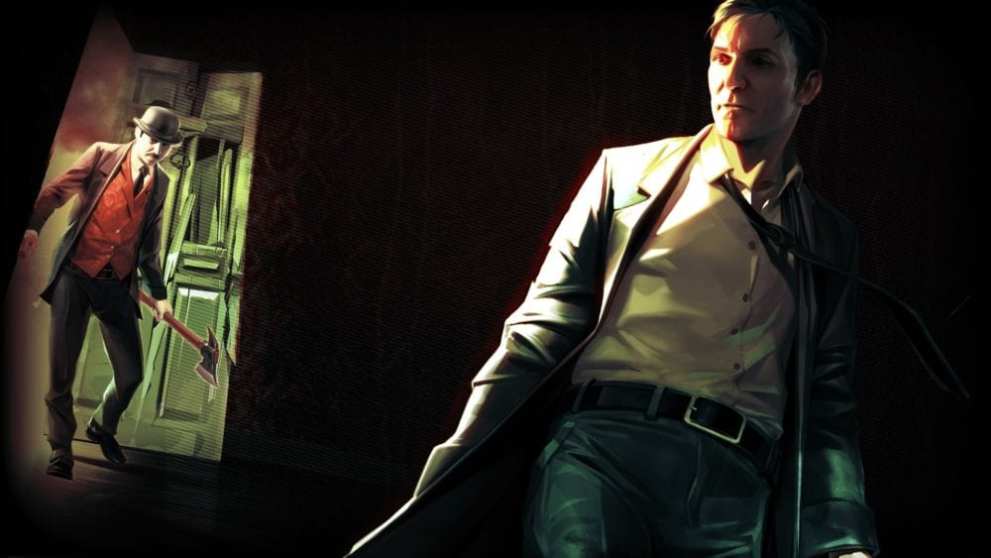
“Standing in the waiting-room, he realized that in his life he had accepted secondary experience – the experience of reading someone else’s thoughts – over real life.”
Ian Rankin, Knots and Crosses
While Ian Rankin hadn’t intended on writing a crime novel in 1987, the genre ultimately became his niche. Knots and Crosses is the first of Rankin’s 24 titles following his gristled Edinburgh detective Inspector John Rebus.
Knots and Crosses effectively popularised the ‘Tartan Noir’ subgenre of crime fiction. As such, Inspector Rebus has become ‘one of the most enduring characters in crime fiction’. This has resulted in Inspector Rebus’ name being thought of alongside other detectives’ in other media.
A much-loved, long-running television adaptation of Rebus’ crime-solving capers ran from 2000-2007. This is along with various radio dramas, and even a stage production.
The space for a ‘tartan noir’ detective game is wide open for the taking. This is especially poignant considering the more family-friendly angle taken by recent crime-solving titles in gaming.
With reference to Rankin’s writing style, a third-person puzzle game with action sequences and internal monologue from the detective would be a solid fit.
Similar title(s) in this style: Frogwares’ Sherlock Holmes series.
9. ‘20,000 Leagues Under the Sea’, Jules Verne
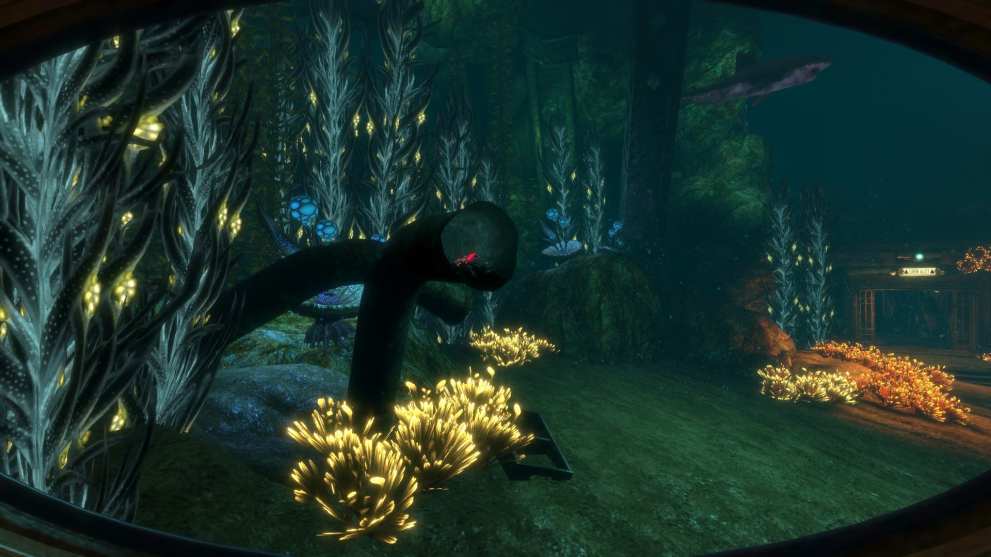
“The sea is everything … It is an immense desert place where man is never lonely, for he senses the weaving of Creation on every hand.”
Jules Verne, Twenty-thousand Leagues Under the Sea
Along with H.G. Wells, Jules Verne is a forefather of the science fiction genre. The thrilling fiction of Captain Nemo and the Nautilus was originally serialized from 1869 to 1870. However, Twenty-thousand Leagues Under the Sea can now be contained in one single copy.
Verne’s tale takes the reader through claustrophobic waterways and hidden underwater caverns. All the while, the crew are confronted by one another and gargantuan sea creatures long thought to have been extinct. All within a steampunk submarine, long before the ‘steampunk’ aesthetic was established.
Captain Nemo’s underwater escapades have since been adapted into comic books and audio versions, alongside film and stage adaptations.
The video game industry is not averse to the book either. A 1989 point-and-click adventure, a canceled 1998 full-motion-video game, 2009 iPad titles, and more have all been developed for excited audiences.
However, with the advancements in video game hardware, the time is right for a modern interpretation of this classic story, especially considering the recent rise in titles portraying the cruel yet beautiful nature of the ocean.
With reference to the tone of Jules Verne’s piece, a first-person atmospheric thriller with horror elements would fit the themes of a living ocean and isolation.
Similar title(s) in this style: Bioshock, Alien: Isolation, and Still Wakes the Deep.
8. ‘If On a Winter’s Night a Traveller’, Italo Calvino
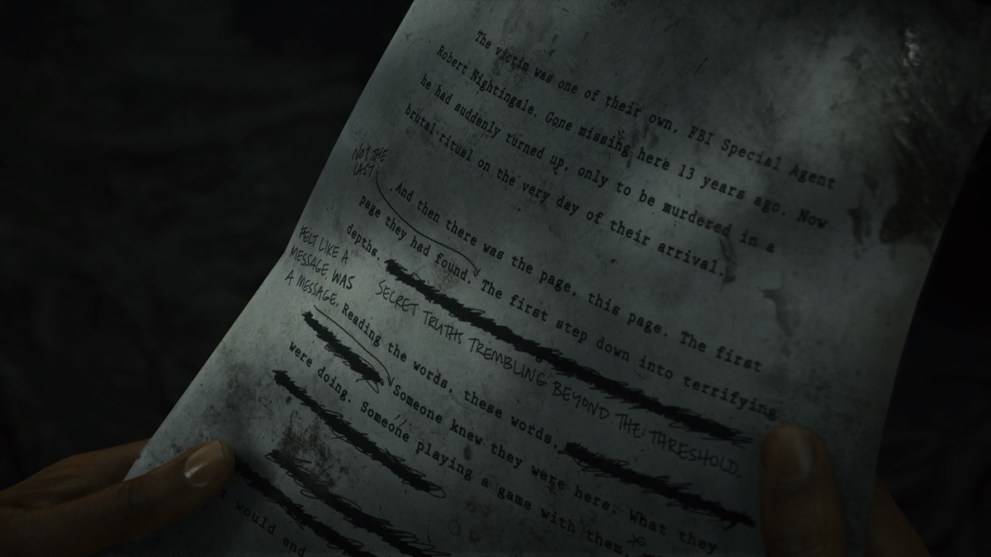
“I felt a kind of vertigo, as if I were merely plunging from one world to another, and in each I arrived shortly after the end of the world had taken place.”
Italo Calvino, If On a Winter’s Night a Traveller
It may be 45 years old, but If On a Winter’s Night a Traveller is a very modern-feeling book. Sticking with the central protagonist, the reader jumps from genre to genre.
The Italian author’s use of a ‘frame narrative’ contained multiple genres, characters, and writing styles within one title. They are then told – from the second-person perspective – about the literal act of reading the words in front of them.
The book has seen its fair share of adaptations into other media. There has been a 2011 musical album centered around the book and a 2023 radio adaptation among others. The video game industry hasn’t seen any direct adaptations of the novel. However, the 2021 game ‘If on a Winter’s Night, Four Travellers’ was named after the book.
If on a Winter’s Night a Traveller feels like a book that could have been designed for video games. From its jumping between genres and the tongue-in-cheek way it references the act of reading, these aspects have clearly influenced other original video game titles.
Similar title(s) in this style: Alan Wake, Deadpool, Undertale.
7. ‘American Psycho’, Bret Easton Ellis
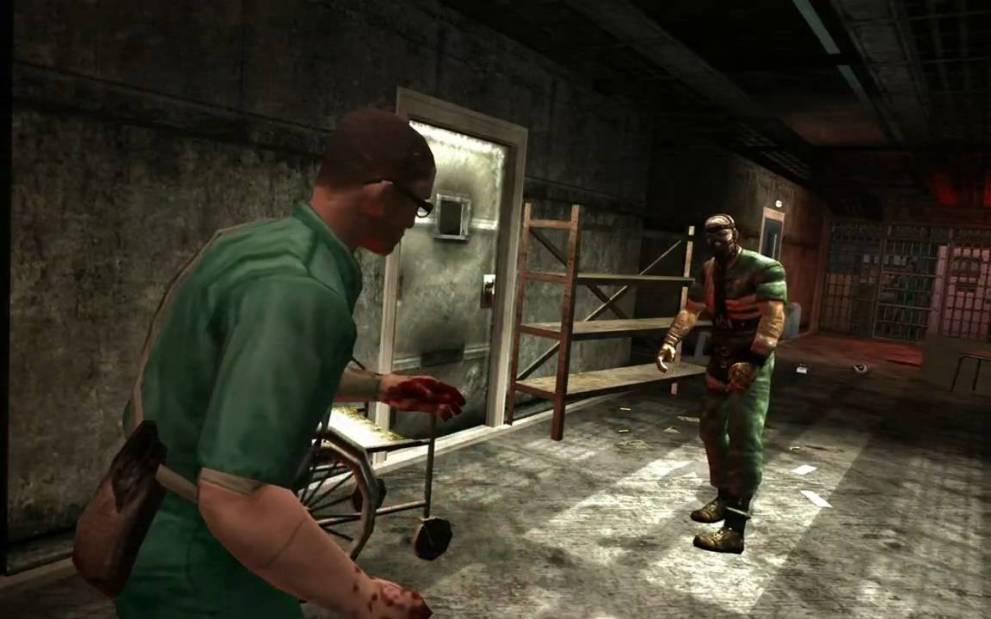
“A curtain of stars, miles of them, are scattered, glowing, across the sky and their multitude humbles me, which I have a hard time tolerating.”
Bret Easton Ellis, American Psycho
Bret Easton Ellis is a writer who is not afraid of controversy. His 1991 novel American Psycho is a testiment to that. His scathing review of late-stage capitalism had to be sold in shrink-wrap and was pulled from its original publishers.
A major theme of the work regards the acts we let people away with, as long as they have a winning smile. I am someone who has created Fallout characters on all sides of the moral spectrum. As such, I’m sure we can all relate to having a maxed-out Charisma stat and (literally) getting away with murder.
American Psycho has been famously adapted into the 2000 film with Christian Bale, alongside a musical, comic book, audiobook, and other media. The story has also been made interactive through the creation of a board game. However, a video game adaptation has never come to fruition.
With reference to American Psycho’s contemporary horror setting, and vivid examples of body horror, the novel would have to be developed as a mature title. The game would also ask intricate moral questions of the player while magnifying the cruelties of capitalism and its egocentric ‘protagonist’.
Similar title(s) in this style: Manhunt, Disco Elysium, Doom.
6. ‘Catch-22’, Joseph Heller
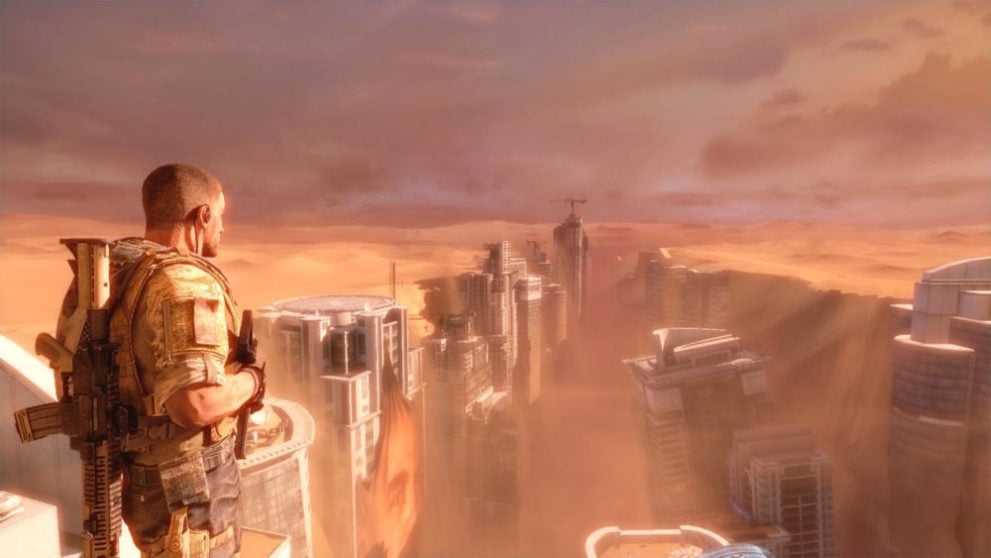
“You know, that might be the answer – to act boastfully about something we ought to be ashamed of. That’s a trick that never seems to fail.”
Joseph Heller, Catch-22
Joseph Heller published his anti-war satire Catch-22 in 1961, yet the issues it attacks are all too familiar. The videogame industry itself suffers, perhaps more so than film or literature, from a jingoistic glorification of war. A No. 1 best-seller, Catch-22 depicted the disaster of the Second World War like no one else had at the time.
If we’re lucky we get a few token missions – such as Call of Duty’s ‘No Russian’ – to give the illusion of honest debate in the video game industry. However, the most notable anti-war video game remains 2K’s Spec Ops: The Line (also based on a book, Joseph Conrad’s Heart of Darkness).
Since its publication, Catch-22 has been adapted multiple times; a 1970 feature film was made, alongside a stage production and a television series.
Heller’s use of dark comedy, alongside his absurdist take on the military industrial complex make Catch-22 a perfect story to be made into a video game. Placing control in the players’ hands would force the themes and tone of the story to the forefront.
Similar title(s) in this style: Spec Ops: The Line, certain Call of Duty missions.
5. ‘Generation X: Tales for an Accelerated Culture’, Douglas Coupland
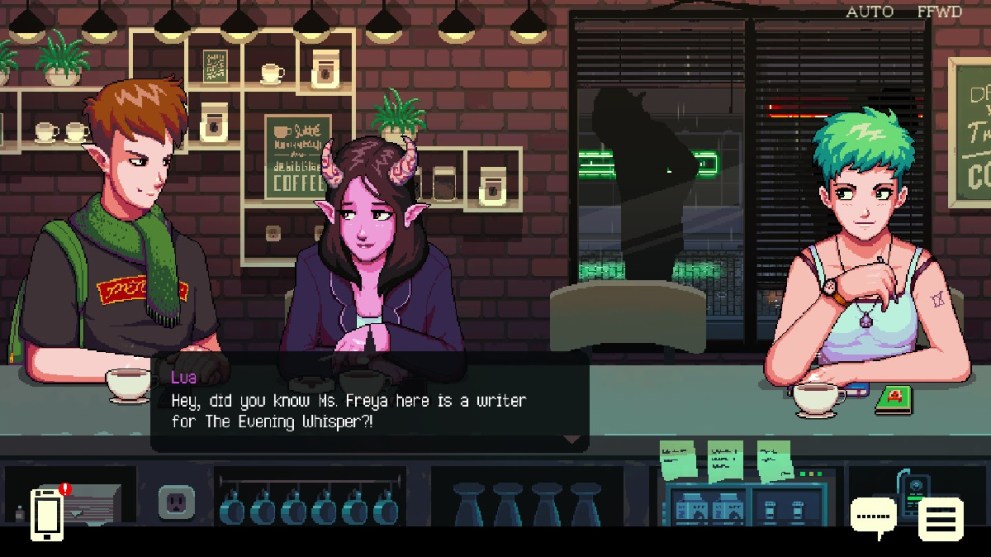
“What’s going to be your best memory of earth? What one moment for you defines what it’s like to be alive on this planet. What’s your takeaway?”
Douglas Coupland, Generation X: Tales for an Accelerated Culture
Douglas Coupland’s first novel, Generation X: Tales for an Accelerated Future, was a sleeper hit when it was originally published. From its 1991 publication date however, it soon caught on and popularised its titular term – ‘Generation X’.
While it seemingly has had no notable adaptations to date, Coupland’s work is a novel that screams to be made into a video game. The novel is a collection of short stories, interwoven through the setting of disenfranchised friends sitting around having a picnic. They talk about their lack of faith in the world, and how the earth they’ve inherited isn’t one they particularly want to be a part of. Both of these are very modern issues, which the modern medium of video games is primed to dissect.
With the rise of visual novels and ‘cozy games’ in recent years, the framed narrative of Generation X is a fantastic fit. The multiple short stories, alongside the themes of finding peace in your own journey, can naturally unfold as the game progresses.
Similar title(s) in this style: Coffee Talk series, Outer Wilds.
4. ‘The Tragedie of Macbeth’, William Shakespeare
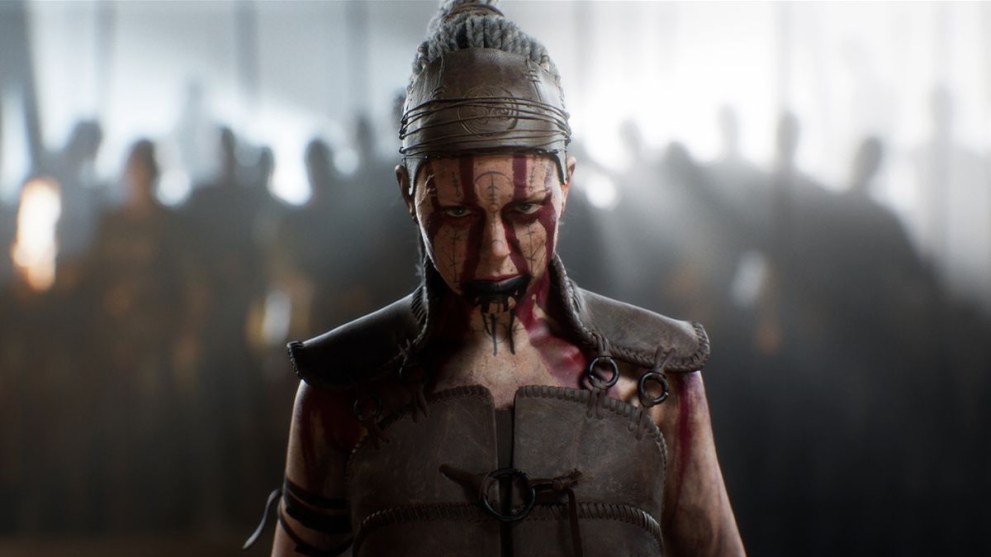
“art thou but a dagger of the mind, a false creation, proceeding from the heat-oppressed brain?”
William Shakespeare, The Tragedie of Macbeth
William Shakespeare is a writer who needs no introduction. Regardless of what you think of his sonnets and plays, the Englishman is credited with the creation and popularization of more than 1,700 words. His ‘Scottish Play’ has so much superstition surrounding it that its name isn’t even muttered on-set.
Even among the giants of Shakespeare’s other works, Macbeth stands tall as one of the popular favorites. Its pitch-black tone, undertones of deteriorating mental health, and malicious leading lady all make it stand out from the rest.
The titular character has been performed, on stage and screen, by such acting giants as Ian McKellen, Orson Welles, Patrick Stewart, and Denzel Washington to name but a few. Being so beloved, it has been adapted into film and television time and time again.
However, the Shakespearean tragedy hasn’t been able to flourish in video games as much as this praise might suggest. ‘Something Wicked’, named after the well-known quote from the play ‘something wicked this way comes’, is an educational video game based on the second scene of the play. However, this is seemingly one of the only concrete examples of its adaptation into the interactive medium.
Whether the characters would speak in contemporary English or that of the Elizabethan era, Macbeth’s themes would ensure it would transition smoothly to a modern audience. Its commentary on mental illness, the power of free will, and the role fate plays in our lives are all as resonant today as they were in 1606.
Similar title(s) in this style: the Hellblade series.
3. ‘Ariel’, Sylvia Plath
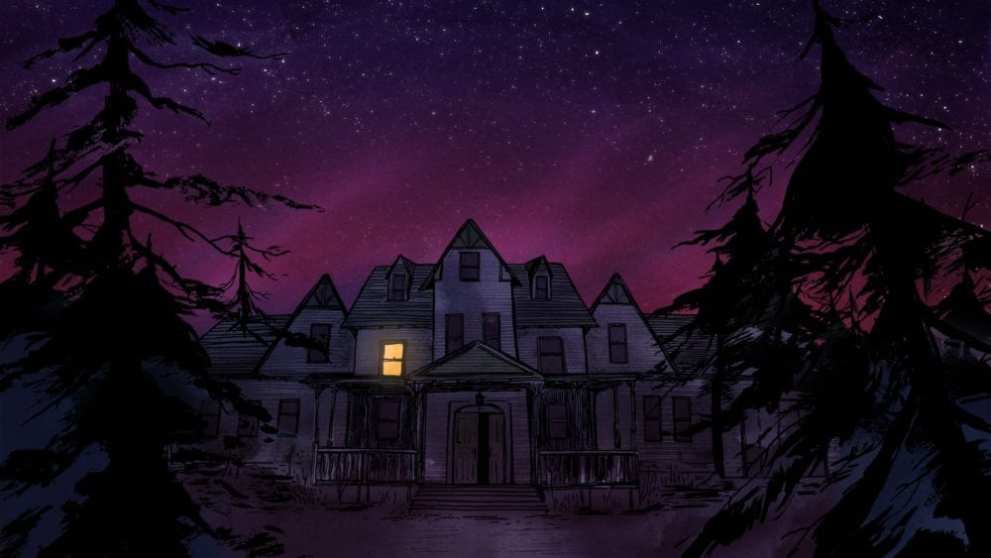
“I am terrified by this dark thing / That sleeps in me; / All day I feel its soft, feathery turnings, its malignity.”
Sylvia Plath, ‘Elm’ in Ariel
Published in 1965, two years after her death, Ariel is considered a seminal poetry collection from Sylvia Plath. While it may have taken just too long for her literary genius to be properly recognized, Ariel stands as a testiment to Plath’s creative abilities.
Ariel is now recognized as one of the best collections of modern poetry in the world. Alongside her posthumous Pulitzer prize in 1982 for her ‘Collected Works’, it’s clear that modern literary critics appreciate her writing more now than ever.
Her only novel, the much-loved The Bell Jar, has been adapted many times into film. Beyond that, from 1971 many of her poems have been set against specially composed musical suites.
Plath’s musings on the concept of femininity and the nature of relationships, alongside deep-rooted interwoven feelings of familial hatred and revenge, have become synonymous with her name. While an adaptation into the interactive medium of video games would be incredibly fruitful, it would have to be done delicately.
The genre of more narratively focused ‘walking sims’ seems purpose-built for the slow paced and introspective nature of her work.
Similar title(s) in this style: Gone Home.
2. ‘The Strange Case of Dr Jekyll and Mr Hyde’, Robert Louis Stevenson
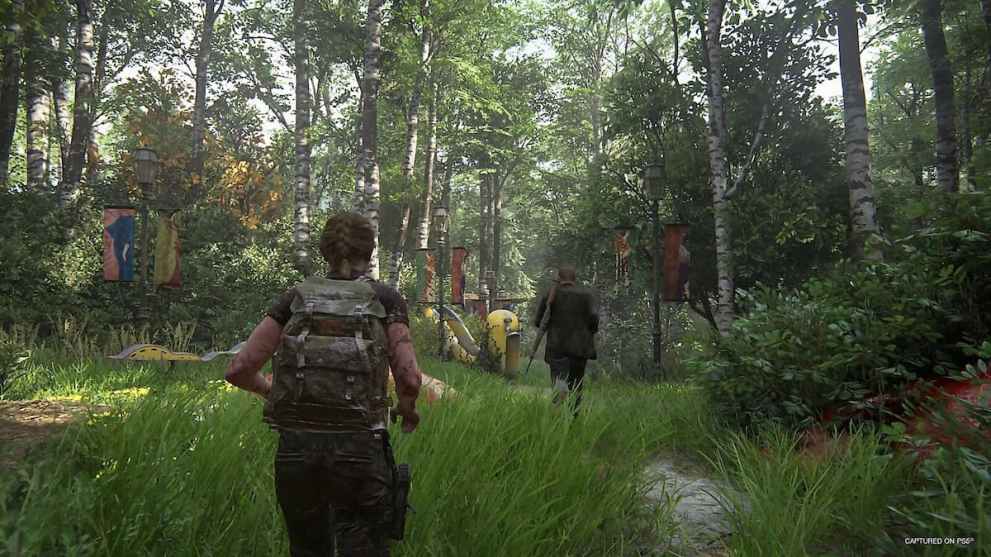
“I incline to Cain’s heresy,” he used to say quaintly: “I let my brother go to the devil in his own way.”
Robert Louis Stevenson, Strange Case of Dr Jekyll and Mr Hyde
Robert Louis Stevenson’s ‘The Strange Case of Dr Jekyll and Mr Hyde’ is a cornerstone for multiple aspects of Western literature. His 1886 novella is a defining work of Gothic Horror and is an early example of the late-chapter twist in the tale.
Many of Stevenson’s works have seen adaptations across media in the many years following their publication. However, Dr Jekyll and Mr Hyde has been incredibly varied in adapting to the stage and screen. It has also been expanded on through audio recordings from acting giants such as Christopher Lee and Tom Baker alongside the much-loved, and highly-praised, musical. In this, the leading man is tasked with playing both Jekyll and Hyde simultaneously.
In its transition to the medium of video games, the novella was infamously adapted into an excessively panned side-scrolling title for the Nintendo Entertainment System in 1988. Perhaps as a result, it has not seen much movement in the interactive space for a long time, outside of some indies and hidden object games.
With regards to Stevenson’s commentary on the conscious and subconscious, alongside the duality of man and addiction, his writing would easily fit an interactive narrative. However, especially with the changing perspecives of the novella – from supposed ‘hero’ to that of the ‘villain’ – there are more than enough twists and turns to keep gamers occupied.
Similar title(s) in this style: The Last of Us: Part II.
1. ‘Maus: A Survivor’s Tale’, Art Spiegelman
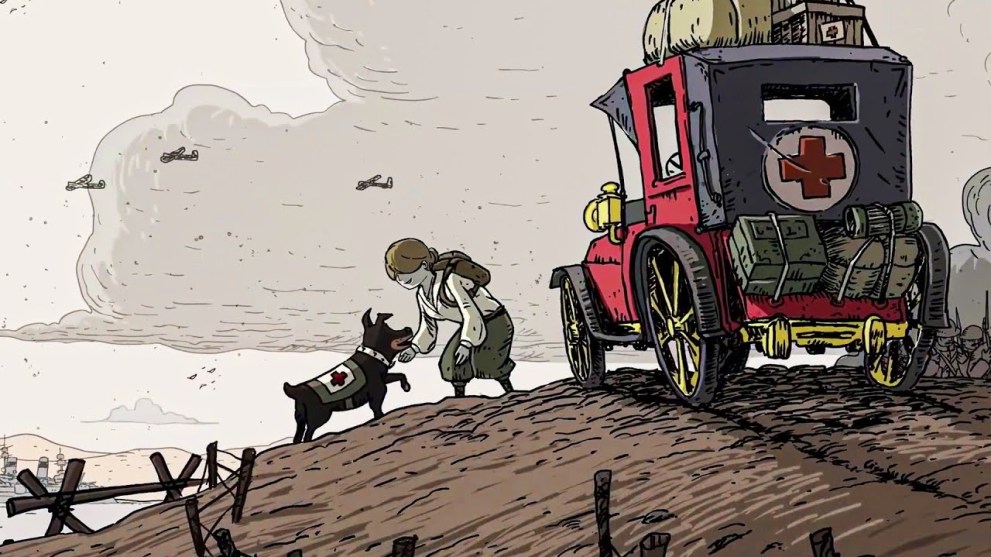
“I feel so inadequate trying to reconstruct a reality that was worse than my darkest dreams … so much has to be left out or distorted.”
Art Spiegelman, Maus: A Survivor’s Tale
Serialized from 1980 to 1981, Art Spiegelman’s Maus is a seminal work in the world of graphic novels. The title is a raw, heart-aching telling of the post-war survivor’s guilt of an anthropomorphic Jewish mouse and his son, the writer.
It was so commercially loved and critically adored, that it won the Pulitzer Prize in 1992 – the first graphic novel to do so. Since then, it has become even more adored, progressing to the point where the Museum of Modern Art crafted an Art Spiegelman exhibition celebrating Maus in 1991.
Despite the lavish praise and love for Maus, Spiegelman refuses to adapt the work, telling reporters that “comics adhere to the brain better”. However, despite that, times can change. If that were to happen, then Maus’s core themes are heavy-hitting enough that their translation into an interactive art form would be monumental.
Spiegelman’s commentary on cultural memory, generational guilt, and the dehumanization of people is, regrettably, as important to learn now as they were then.
Similar title(s) in this style: Valiant Hearts series, Papers, Please.
What other pieces of literature do you think could make the jump into the world of video games? Let us know your thoughts below! With the rise of sequels and reboots, and the lack of new AAA franchises, maybe it’s time one of these books was given a shot.

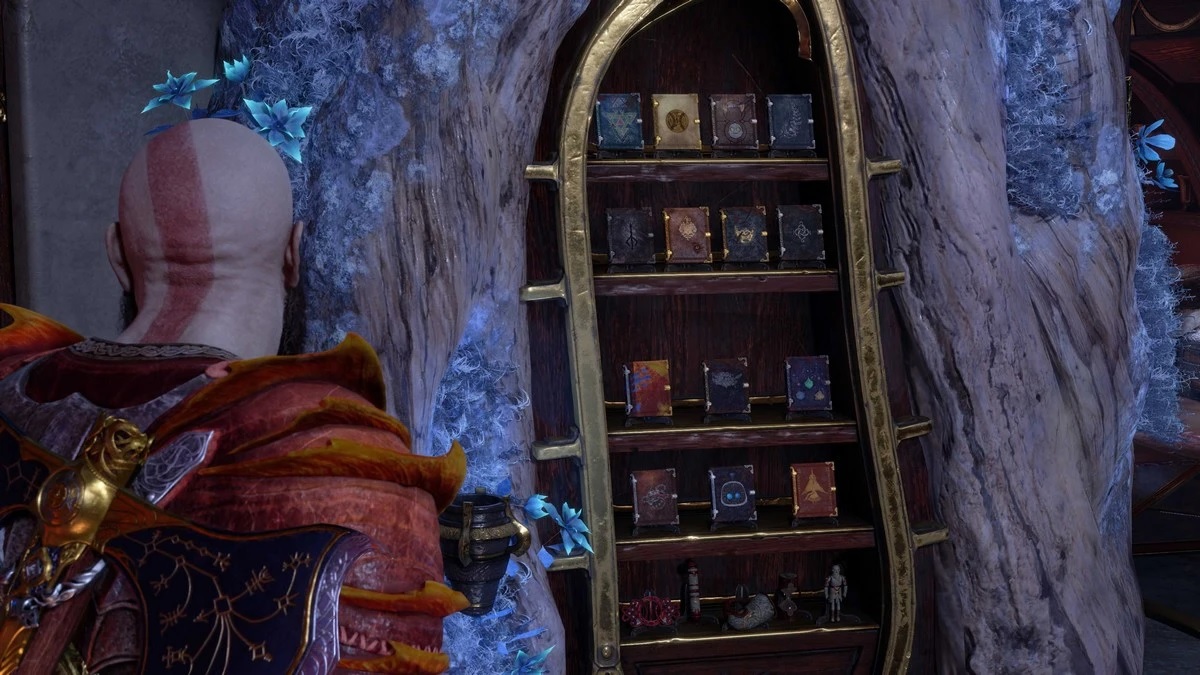











Updated: Jun 19, 2024 11:44 am